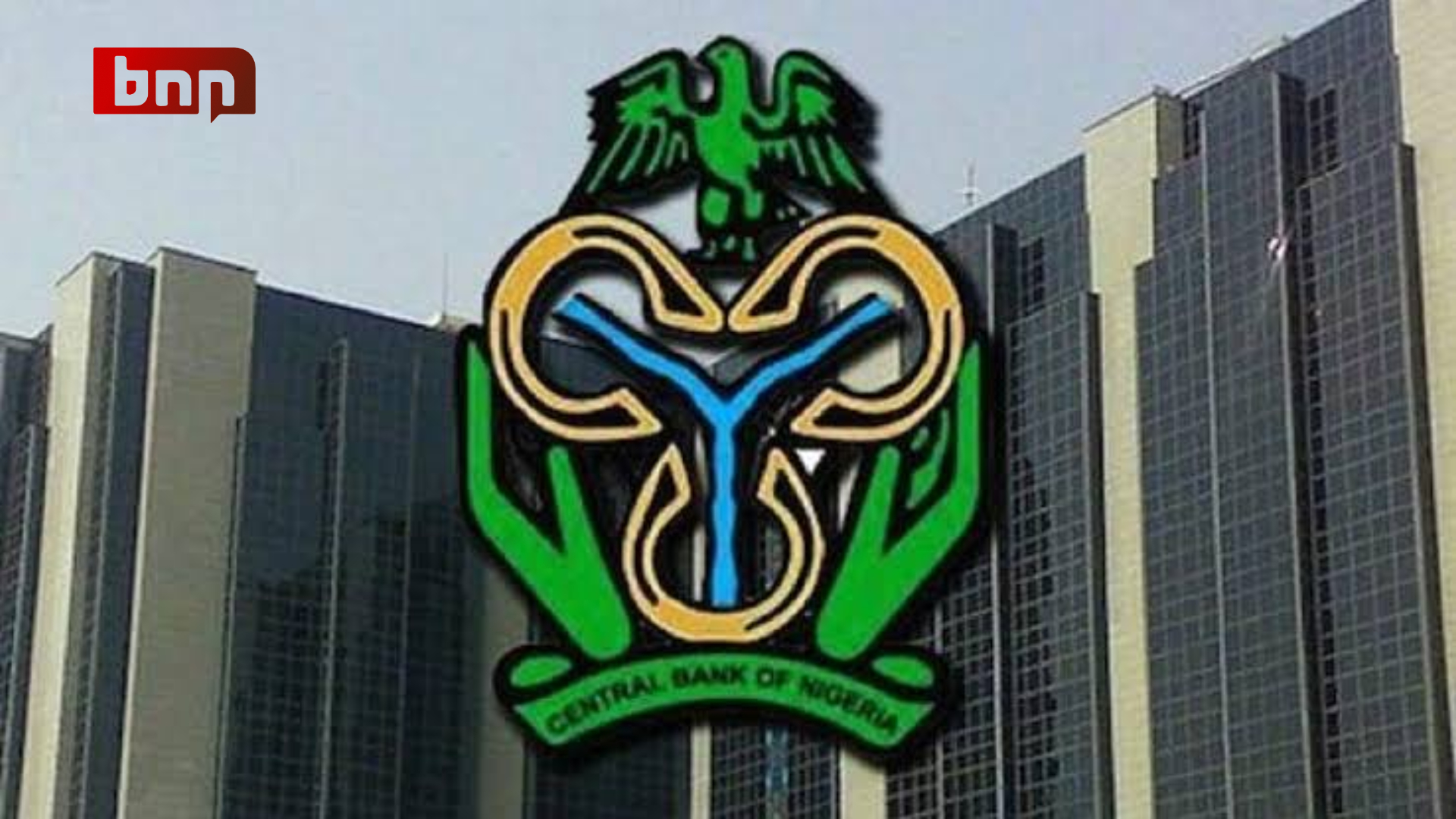The Central Bank of Nigeria (CBN) has issued a new warning to banks and other financial institutions regarding their business relationships with Politically Exposed Persons (PEPs).
CBN said the banks and other financial institutions should apply a risk-based approach to identifying Politically Exposed Persons and apply appropriate Enhanced Due Diligence (EDD) measures when dealing with them.
In a document titled, ‘GUIDANCE NOTES ON POLITICALLY EXPOSED PERSONS’, which was issued to banks on June 22, 2023, but obtained on Saturday, the CBN said the enhanced due diligence is necessary due to the PEPS exposure to corruption.
The apex bank also listed exposure to money laundering, financing of terrorism and proliferation financing (ML/FT/PF) as some of the reasons the banks must apply the EDD and the Customer Due Diligence (CDD).
According to the CBN, PEPS could pose reputational and financial crime risks to banks and other financial institutions due to their political office.
READ ALSO: No more forex at CBN rates, Banks tell customers
“Politically Exposed Persons (PEPs) who may be vulnerable to corruption thus may portend reputational and financial crime risks to the FI. PEPs pose a high risk of money laundering, financing of terrorism and proliferation financing (ML/FT/PF) due to the possibility that individuals holding such positions may misuse their power and influence for personal gain or advantage to themselves, close family members and/or associates,” the document reads.
In its definition of a PEP, the CBN explained: “PEPs who are or have been entrusted with prominent public positions in Nigeria are known as “Domestic PEPs”.
“PEPs who are or have been entrusted with prominent public positions in any other foreign jurisdiction are known as “foreign PEPs”.
“PEPs who are or have been entrusted with the management or any prominent function within an international organization are known as “International Organizations PEPs”
“Close associates of PEPS: are individuals who are closely connected to a PEP, either socially or professionally and include a PEP’s widely- and publicly known close personal friends, business colleagues, and personal advisors. Close associates also include persons having joint or ownership right in a legal person or arrangement established in favour of a PEP.
“Family members of PEPS: include a PEP’s direct family members, their spouse, their children and their spouses, their parents, and the siblings.”
Despite the high risk, the CBN informed the banks and other financial institutions not to prevent or close their business relationships with a customer on the grounds of the person being politically exposed.
READ ALSO: CBN lifts cash deposit restriction on domiciliary accounts
Aside from direct requests for information from the PEPs, the CBN urged banks to conduct a third-party search by tracking the PEPs on the Internet or media.
“FIs may use the internet and media as sources of information for the determination, monitoring, verification of information in relation to PEPs, although it should be noted that such information may not be comprehensive or reliable,” the CBN suggested.
“Consequently, the CBN issues this Guidance in line with CBN AML/CFT/CPF Regulations 2022, FATF Recommendations, FATF Guidance on PEPs (2013) and Wolfsberg Guidance on PEPs (2017), to assist FIs in the identification and management of risks associated with PEPs.
“This Guidance provides minimum standards for FIs in their relationships with PEPs and does not limit measures to be taken by FIs to meet their statutory obligations. The Guidance Notes will be revised from time to time, as necessary,” the apex bank noted.

 Health1 week ago
Health1 week ago
 Business1 week ago
Business1 week ago
 Health7 days ago
Health7 days ago
 Latest1 week ago
Latest1 week ago
 Latest1 week ago
Latest1 week ago
 Football7 days ago
Football7 days ago
 Education5 days ago
Education5 days ago
 Crime7 days ago
Crime7 days ago

